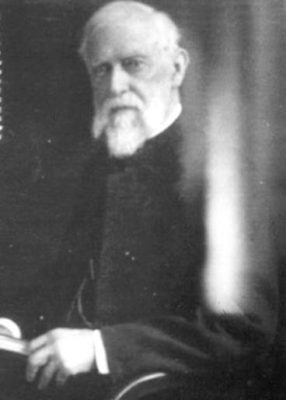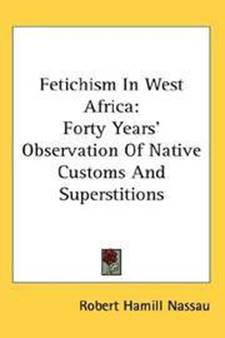
The Spring 2022 Haddington House Newsletter Is available at this link.

The Spring 2022 Haddington House Newsletter Is available at this link.
The new book, A Companion to the Reformation in Scotland edited by Ian Hazlett and published by Brill in Leiden, arrived recently at Haddington House. We were most honoured to be involved in this project by contributing a chapter. Jack’s chapter was “Ministerial Education in the Scottish Reformation”.


The December 2021 Haddington House Newsletter is available here.
A special word of thanks to all those who helped in 2021 with gifts to one of our overseas partners, particularly for Dumisani in the Eastern Cape, South Africa. The Principal, Wilbert Chipenyu, expresses his appreciation to all who have assisted this past year.
Psalm 136:1 “Give thanks to the Lord, for he is good, for his steadfast love endures forever.”
— Jack Whytock, Director
November 6th, 2021 Alberton, PEI: Men’s Workshop Day at Alberton Baptist Church – Spiritual Health: Diagnostics and Disciplines (fours sessions)
November 7th, 2021 Alberton, PEI: Sunday Worship for all at Alberton Baptist Church – The Christian Life as Pilgrims (Two Parts)

November 12-14, 2021 Margaree Valley, Cape Breton, Nova Scotia: Margaree Valley Baptist Church Conference – Expository sermon series each evening. Men’s Day Saturday morning – First Corinthians 16:13 theme


Dr. Whytock will be speaking on this theme at a conference being held at Wheaton College, Illinois, DV in mid-October. He will offer seven areas of reflective study in this the centenary year of Nassau’s death.

Please pray for smooth border crossings in this era of Covid-19.